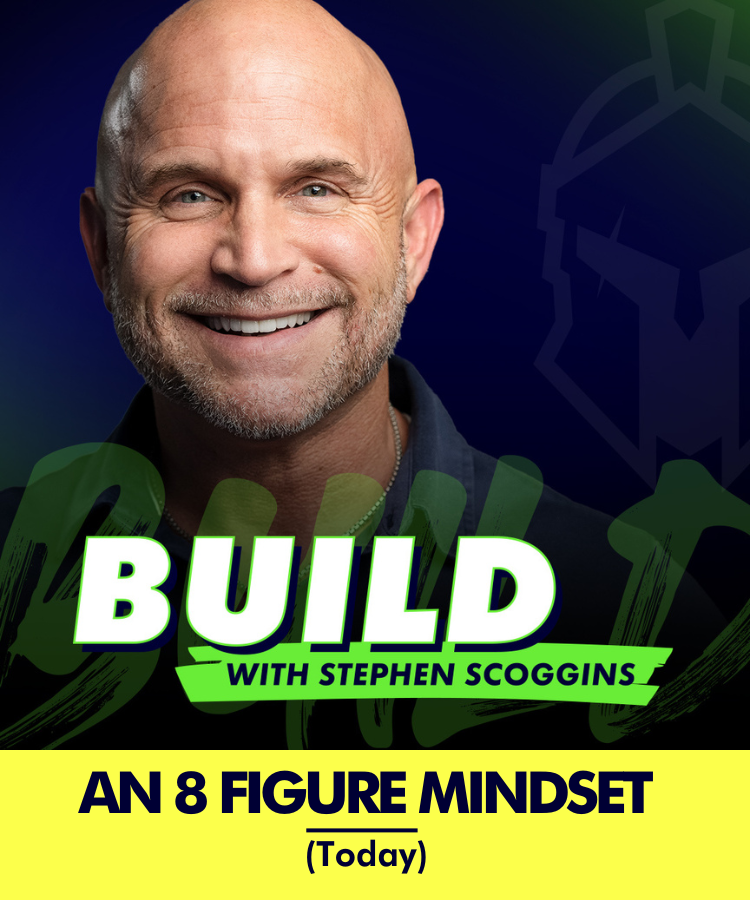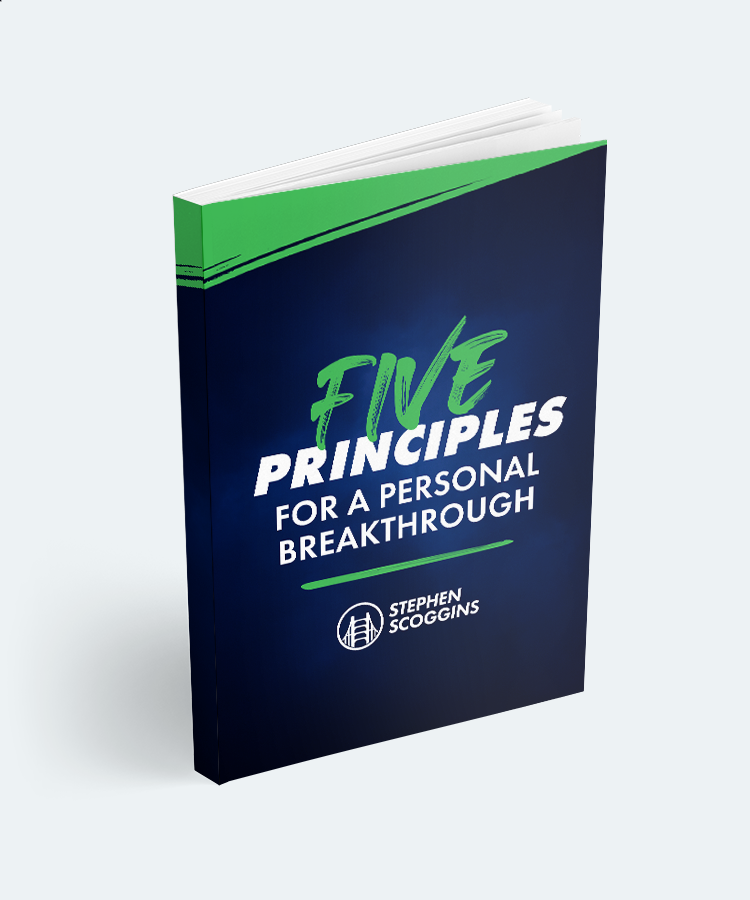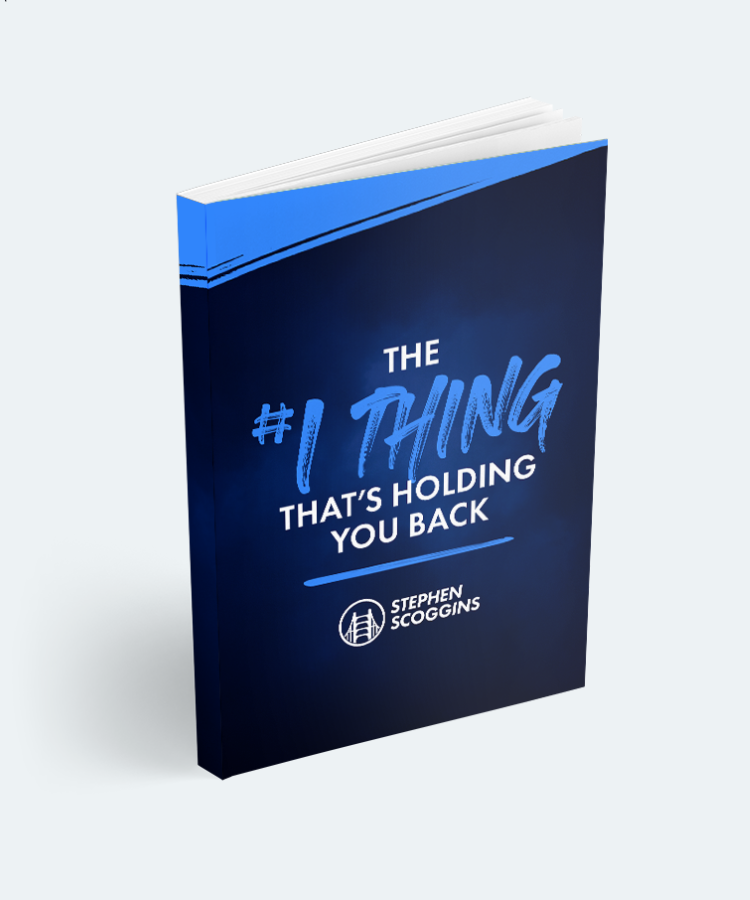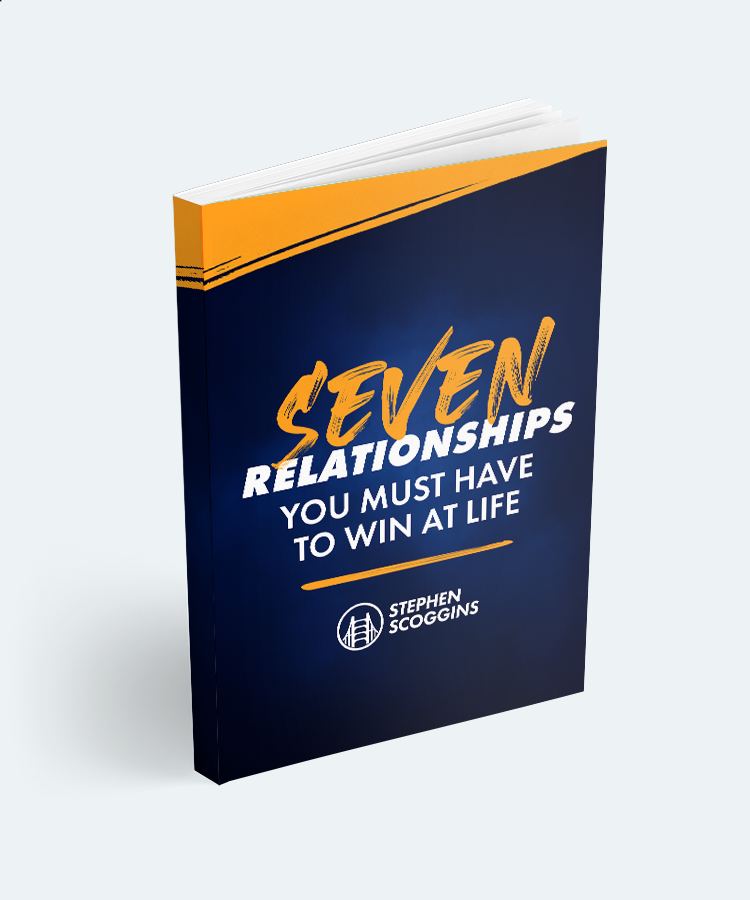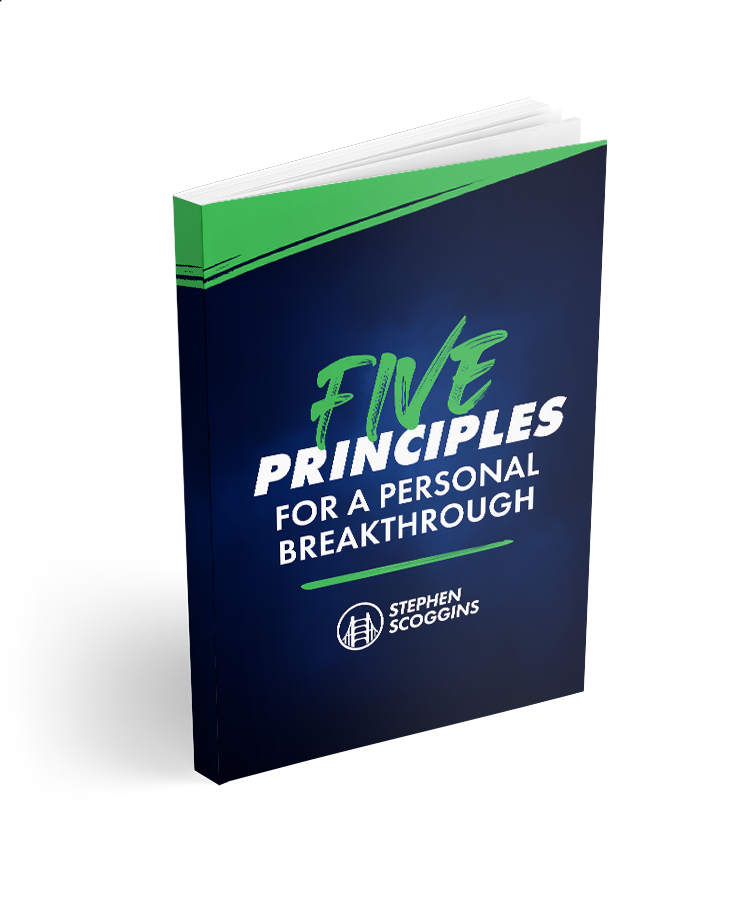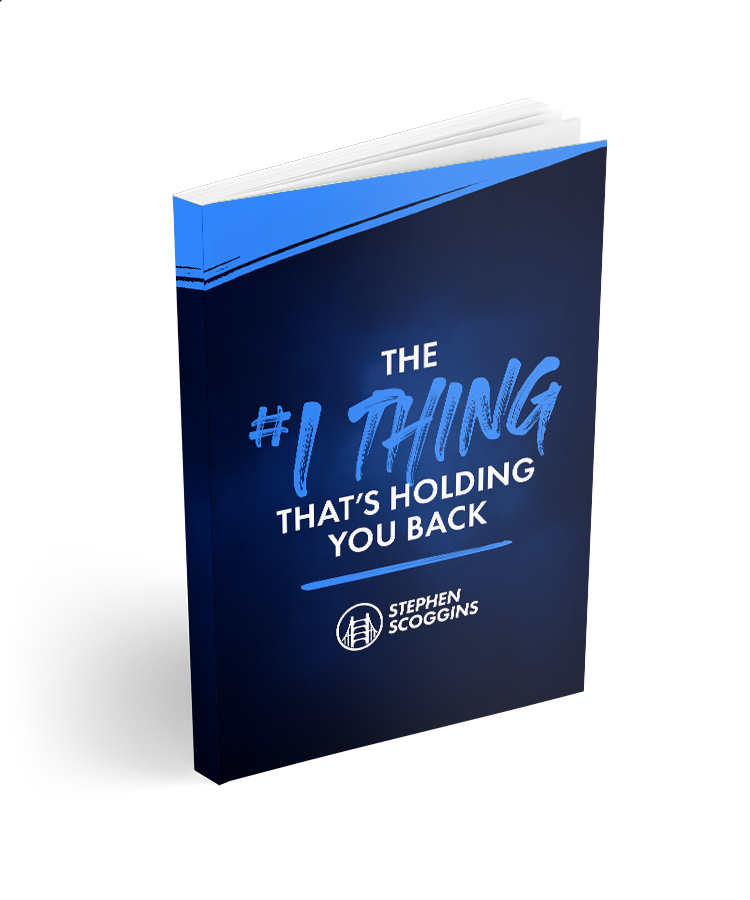
We perform much better when we’re happy than when we’re not. Society has told us that we need to be successful before we’re happy, but it’s the other way around. In order to be successful, we need to feel good. That’s why we need to be able to take control of our emotional state. When we say your emotional state, we mean your overall mood at a given time.
“But how can I make myself happy?” you’re probably asking. This is a great question, and the answer is a sequence of simple steps you can follow to train yourself to raise your emotional state. First you must understand where your emotional states come from. Then you need to train your imagination to focus on positive potential outcomes. Finally, you need to shift your environment to suit you and learn to turn your thoughts away from things that are bothering you.
Read on to learn how.
Your Childhood Is Likely Steering Your Emotional State
Your emotional state could be dominated by one emotion or a number of them, but typically it’s a combination of emotions. Beneath every emotion is a belief or attitude that probably was formed from a specific experience in your life, particularly your early childhood. In order to raise your emotional state, you need self awareness and an understanding of where you came from.
When you were a child, you were a sponge. As a result, the majority of your attitudes probably came from your childhood. Therefore understanding how your upbringing has shaped you is powerful and is foundational for being able to raise your emotional state. If you understand your upbringing, you can better understand your beliefs. By understanding your beliefs, you can change them. When your beliefs become more positive, your emotions follow.
So how do we identify, remove and replace negative beliefs with positive ones?
Imagination is an Extremely Powerful Tool
When picturing the future, most people assume that things will go poorly, and this makes them negative and unhappy. When we imagine better outcomes, we become happier.
Now you may be protesting this point and saying, “But what if things do go bad? Aren’t I just setting myself up for disappointment?” This is a common belief, but this is not nearly as risky as we think. In fact, 90% of the things you’re worried about aren’t going to happen. Furthermore, if you train yourself to imagine the best from the future, negative circumstances will not seem as overwhelming, because you will imagine yourself bouncing back from them. In other words, we get nothing from imagining the worst. Meanwhile, imagining the best makes us much more content and effective.
Imagination is one of the ways we can replace negative experiences with positive ones. Here are some ways to do that:
- Imagine yourself in the negative experience once again.
- Identify the feelings that come up.
- Without filtering yourself, start listing the negative beliefs that came from that experience.
- Express each emotion visibly, with sounds and body language.
- Write down the opposite beliefs to the negative beliefs. Out loud renounce the negative beliefs and repeat the positive ones.
- Imagine yourself in situations where the positive beliefs are happening to and through you.
Change your Environment to Benefit Your Emotions
When we say environment, we’re talking about two different but equally important things. The first is your actual environment right now: the people, places, and circumstances you find yourself around. The second is the environment you were in when you had foundational experiences.
You may not be able to change everything about your surroundings right now, but a little can go a long way. You can limit your interactions with toxic people. Additionally, you can identify situations that don’t naturally suit you and make more time for places and things that energize you. For instance, if your friends often like to go to bars and you don’t thrive in that environment, skip those engagements and invite your friends to hang out one-on-one. If you feel a lot better when you get outside, trade an hour of television a day for a walk without your cell phone. Small lifestyle changes like these can elevate your emotional state dramatically.
Regarding past environments that you return to when you’re triggered, you may need to take conscious effort to pull yourself into the present. For instance, decades ago when I was homeless and living out my car, I could barely imagine myself ever being financially stable. As a result, financial decisions put me in a state of fight-or-flight. Today I’m financially healthy, but it took me practice to shift from a state of fear and stress when dealing with money even after I started earning it, because money triggered my experience in survival mode. I had to remind myself that I was no longer struggling to survive and that the feelings of fear around money were no longer helpful at all, if they ever were.
Step Away for a Second
Ruminating on negative thoughts and emotions just makes you feel worse. It’s critical that you learn to catch yourself when you are in stress and fear and turn your thoughts to something else. This takes practice, but it’s amazing how much better you will feel when you can put things aside. You can focus on work, or you can take a break and do something you enjoy. If you feel like you struggle with this, find a simple exercise that you enjoy for its own sake and do it when you feel overwhelmed. However, be careful to avoid potentially addictive behaviors when identifying your escape habit. TV, video games, social media, alcohol, food, and other practices that you could use to self medicate should not become your back door.
Raise Your Emotional State with our Free Materials
Of course, focusing your mind on positive content is very helpful in raising your emotional state. That’s one of the reasons why we at the Journey Principles Institute share free resources like ebooks and videos to help people get away from the overload of stress and into a higher, happier place. Among other things, we give you practical tools to raise your emotional intelligence, strengthen your relationships, and help you break out of areas where you’ve been stuck.






